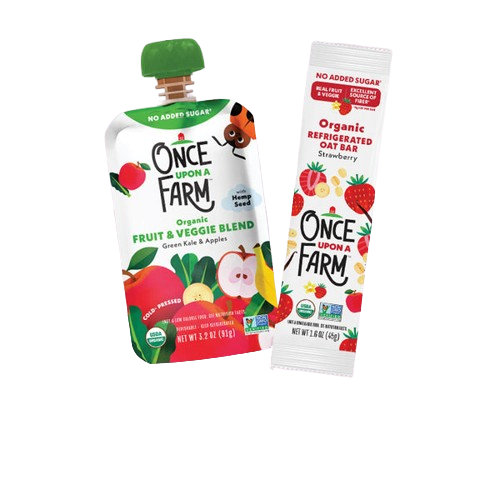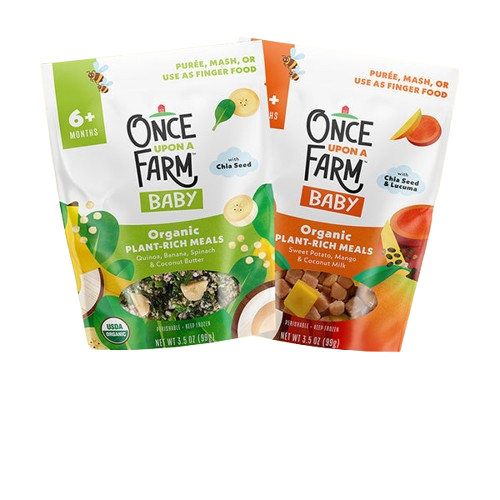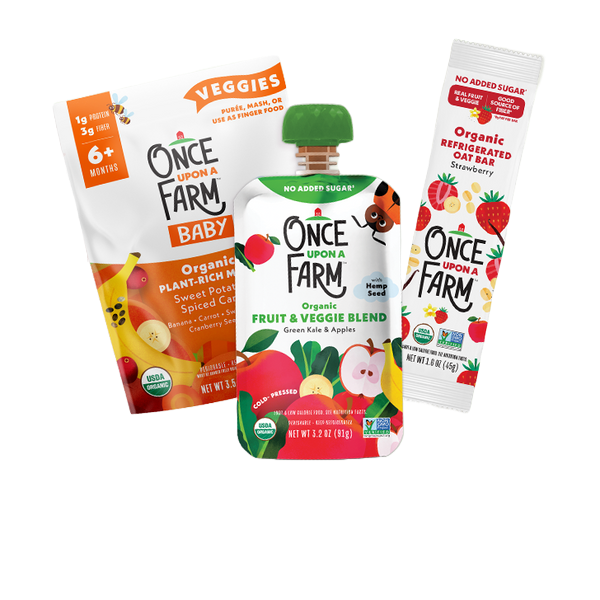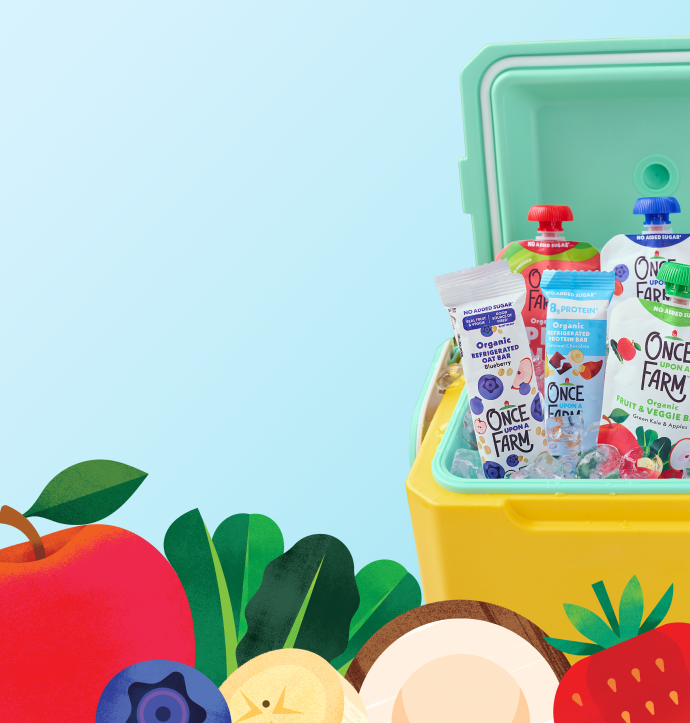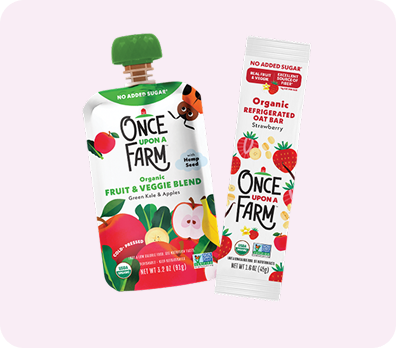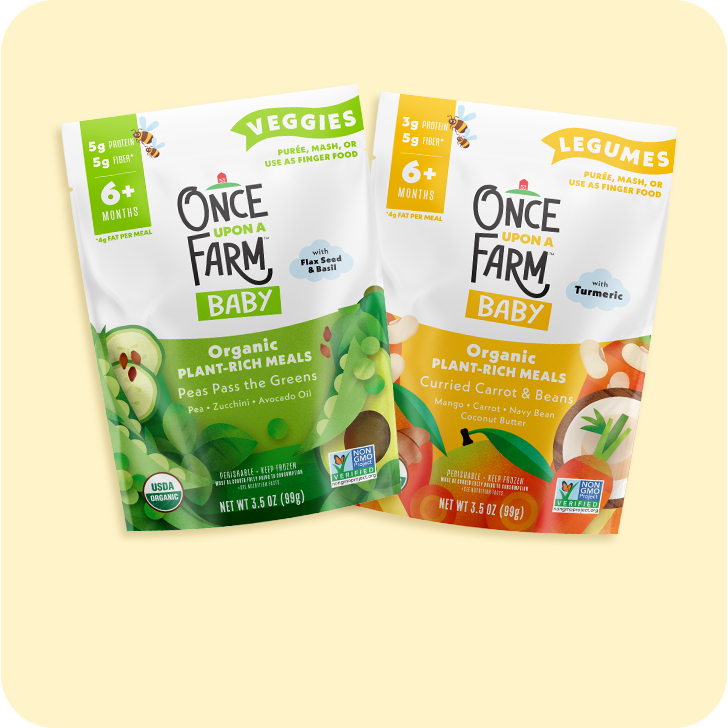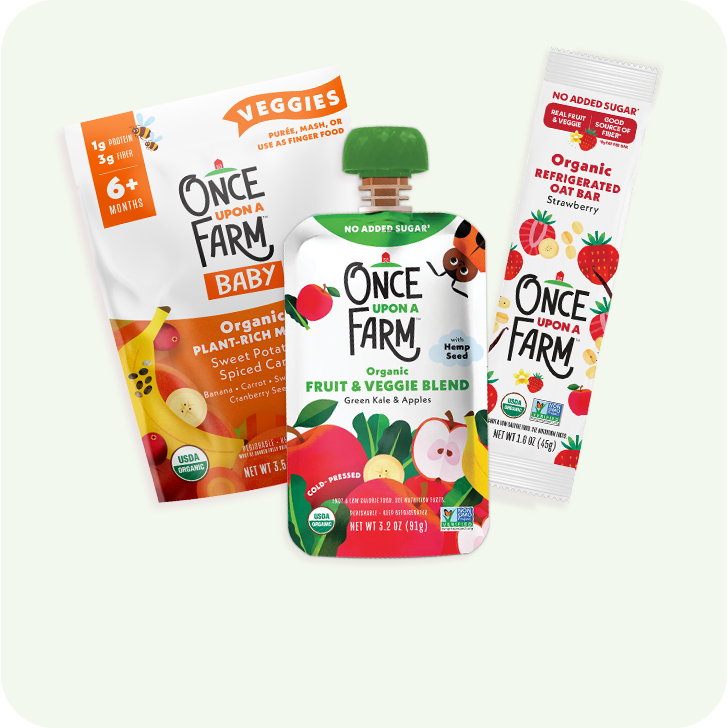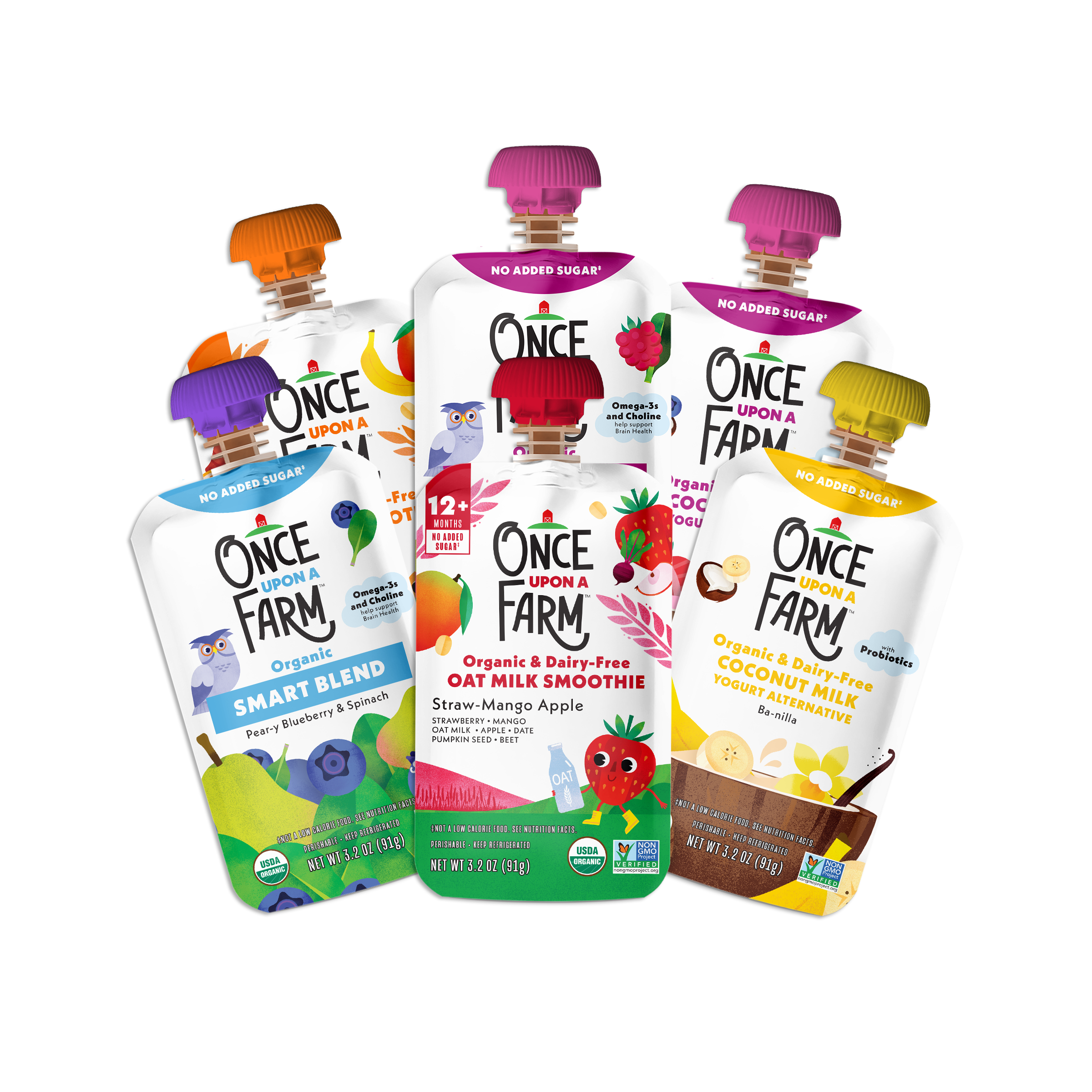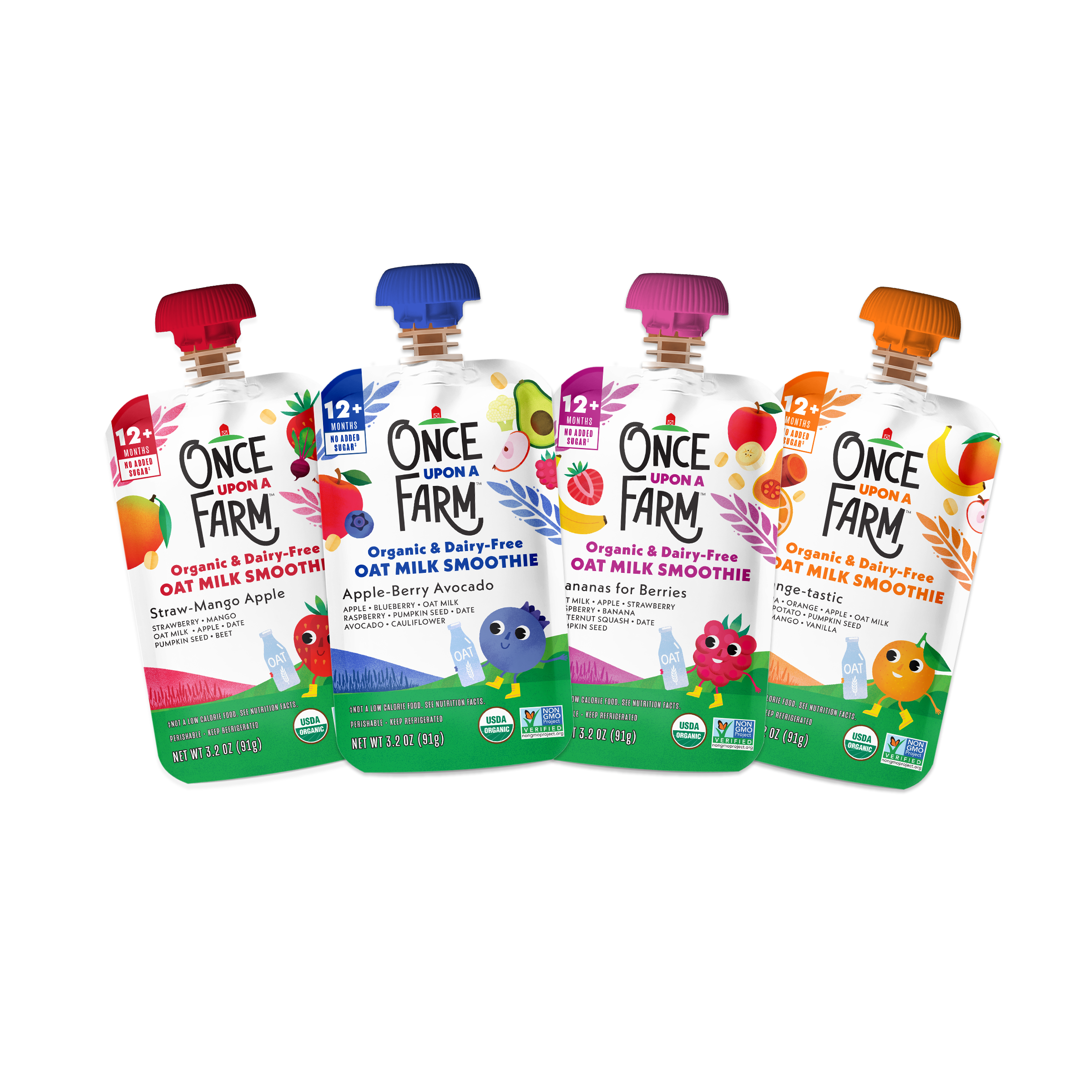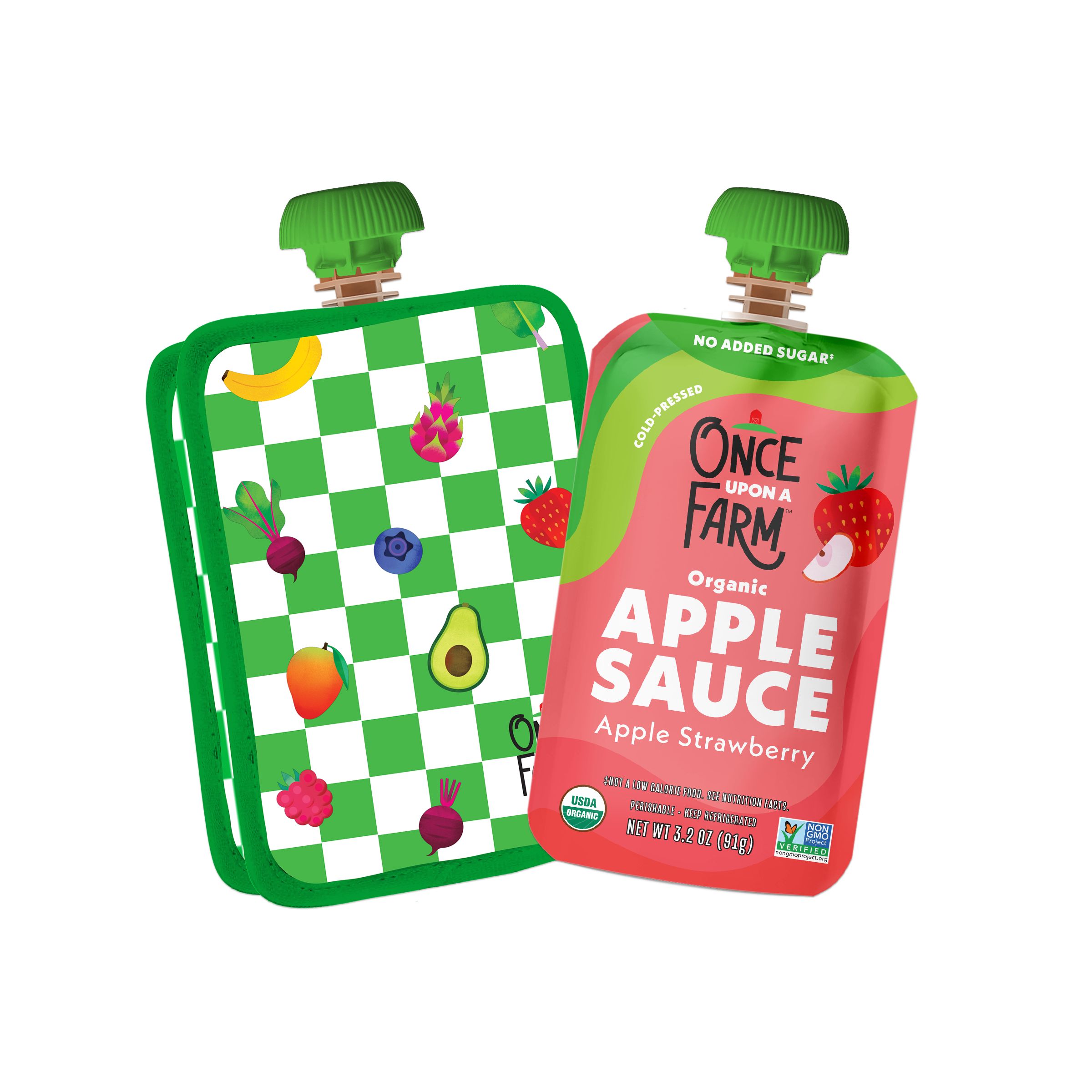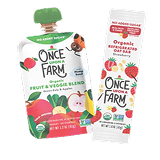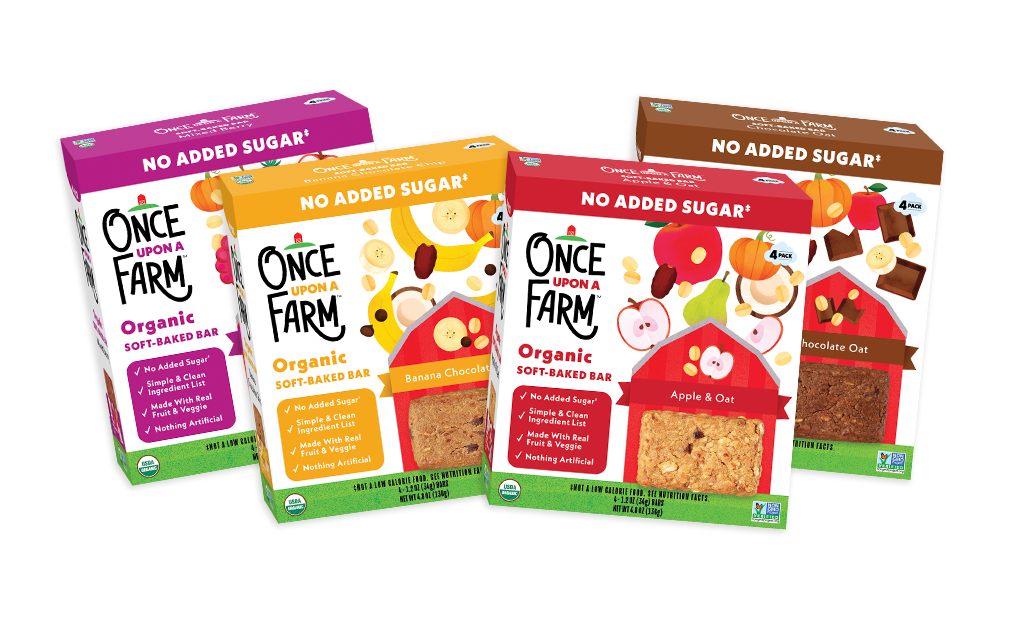As a parent, you’ve got a lot on your mind and, unfortunately, sometimes that includes playing the comparison game and managing other people’s opinions on how you parent. This can include how you feed your kids. It’s so important to find your trusted resources, pick who you choose to listen to, and learn to shut out all the other (judgmental, critical, unhelpful) noise to focus on what matters: the health and well-being of your family.
Feeding specialist Melanie Potock, MA, CCC-SLP says, “There’s no ‘wrong way’ to feed your kid because each family is unique, with different histories and food culture that influence how they experience (and enjoy!) family mealtimes.” We couldn’t agree more!
How To Shut Out the Noise
“If it doesn’t serve you or your child,” Potock says, “it’s not worth your energy.” It can be a challenge to shut out the noise, especially when it comes from a well-meaning family member or the bombardment of loud opinions on social media. “Parenting proactively by gathering information from a variety of professional resources is certainly important, but keep in mind that your child is unique. Every child’s sensory system and progress through developmental stages of feeding is theirs alone.”
While there are general guidelines related to pediatric feeding, it’s not the internet or the opinionated relative that knows what’s best for how to feed your child, it is you who is caring for, observing, and lovingly supporting them—and their relationship to food—every day.
Who To Listen To
Potock advises parents to choose three trusted resources—people to depend on for support. “Include at least one medical professional in that trinity of support,” she says. “Start there and include other supportive voices over time. By narrowing it down to just three (for now), you’ll cut down the noise and unhelpful chatter about how you need to feed your kid.”
Related Reading: Your Baby Food Care Team: Which Experts to Turn to and When
How To Deal With Unsolicited Advice
Should you face unwanted opinions or “advice” on how you feed your child, including criticism about foods you offer or how you choose to start solids, Potock suggests starting with a thank you, then assuring whomever you’re speaking with that you’re getting advice from a professional resource. “It takes out the power struggle in the conversation and leaves gratitude in its place,” she says. “Then, change the subject and move on, so it’s clear that you are done with the conversation.”
A Few Sample Scripts From Potock:
- “Thank you, Aunt Betty. I know you care about my sweet baby! His pediatrician is guiding me through the process of introducing solids and I feel good about that.” Then, change the subject.
- “Thank you for caring about my kiddo. I can tell you want to help. Her feeding therapist is giving me specific strategies to help her be less hesitant around new foods, and I feel good about that.” Then, change the subject.
- “Thank you, Mom, for supporting me as I learn to be a mom too! I’ve been doing research on the different methods of feeding and my pediatrician recommended a specific website that I feel really good about! I’ll send you the link tonight—I think you’ll find it interesting too.” Then, change the subject.
What To Do if Someone With Strong Food Opinions Is Caring for Your Child
If someone close to you is caring for your child, but has conflicting opinions on how to feed them, you’ll obviously still want to ensure your food choices are respected during that time. However, as Potock notes, “It’s difficult to predict all the scenarios when close friends and family may influence your child’s interactions with food, but when it comes to safety, it’s best to be clear and concise.”
If your child has a food allergy, you can bring specific, safe foods and be clear not to offer anything else. This is because it can be difficult to teach caregivers how to read an ingredient label to detect hidden allergens.
“Choking risks are another concern,” Potock says, “especially if grandparents or caregivers are not up to date on the latest warnings from the American Academy of Pediatrics and other pediatric health organizations.” For example: we now know that popcorn, which was a popular snack for toddlers many years ago, poses a significant choking risk for children under four. Potock suggests providing “a list of foods considered to be [a choking hazard] for any child under the age of four, and if your child has unique choking risks, add those to the list and highlight them.”
Related Reading: How to Identify and Prevent Choking Hazards for Babies and Children
When it comes to personal concerns regarding sweets or the amount of food you want your little one to eat, remember that a day or a few days of your kiddo off their routine isn’t going to change how you do things in your home. “Ultimately,” Potock assures, “what a parent models in their own home has the biggest influence on a child’s relationship with food.”
How To Support Older Kids if They Overhear Comments on Their Eating
Communication, communication, communication! “Encourage your kids to talk to you and help them problem-solve the situation,” suggests Potock. By talking with them about these kinds of issues, you can help them practice self-awareness and self-advocacy and nurture the ability to stand up for themselves without creating unnecessary conflict.
“For example,” she says, “older kids can still be very selective eaters and their peers may not understand the challenges around that.” Even if a child doesn’t bring up the topic, check in occasionally. You can say something like, “Have you ever had anybody ask you why you bring the same food in your lunchbox each day? I know you and I are fine with it, but I was just curious if anybody at school was wondering or perhaps wasn’t nice about it?”
If your kid seems to be avoiding events where food could be a concern for them, Potock advises helping them solve the situation by asking how they’re feeling about the upcoming event. For example: “I heard that Ben’s mom is serving pizza at the sleepover, and I know you don’t eat pizza. How can I support you? Would you like to talk to Ben about it, or would you like to call Ben’s mom? Would you like to do it together, or what’s best for you? Do you have any ideas on how you’d like to navigate this so you can have a good time?”’
Supporting your child and practicing open communication will help set them up for success in so many facets of life.
At the end of the day, it’s impossible to avoid other people’s opinions on how to parent, including how to feed our little ones, but it’s important to remember that, as a parent, we really do know what’s best for our children. When in doubt, lean on your instincts and your trusted resources.

